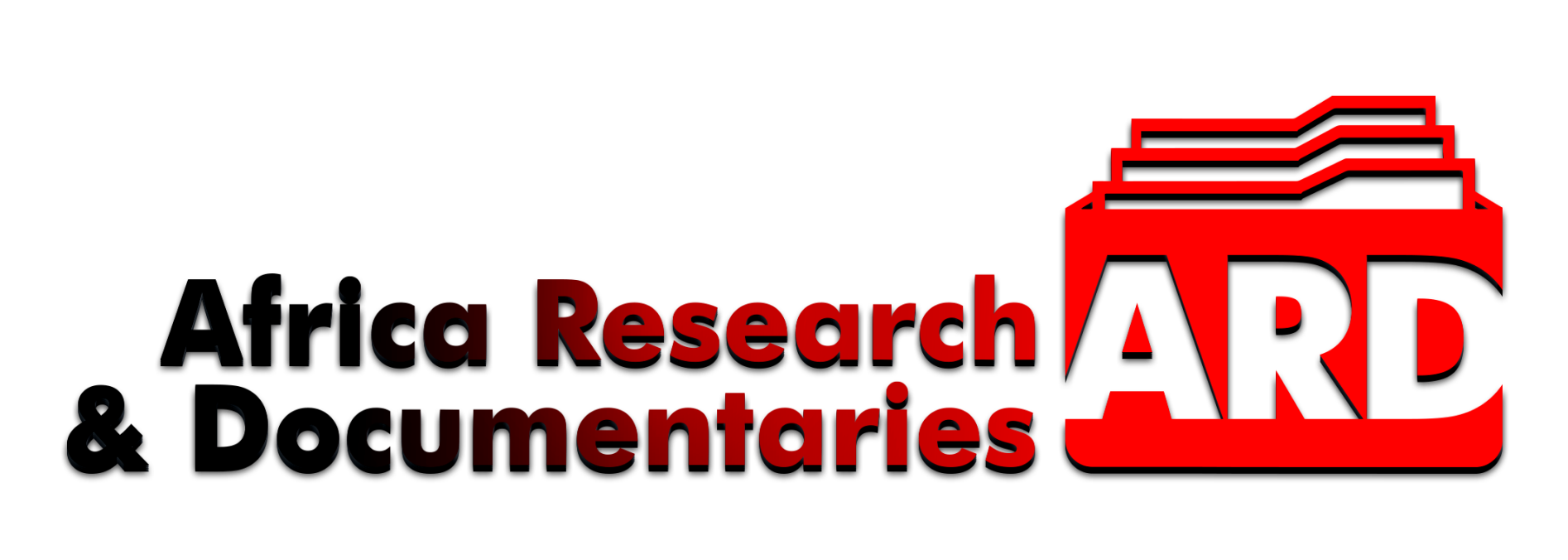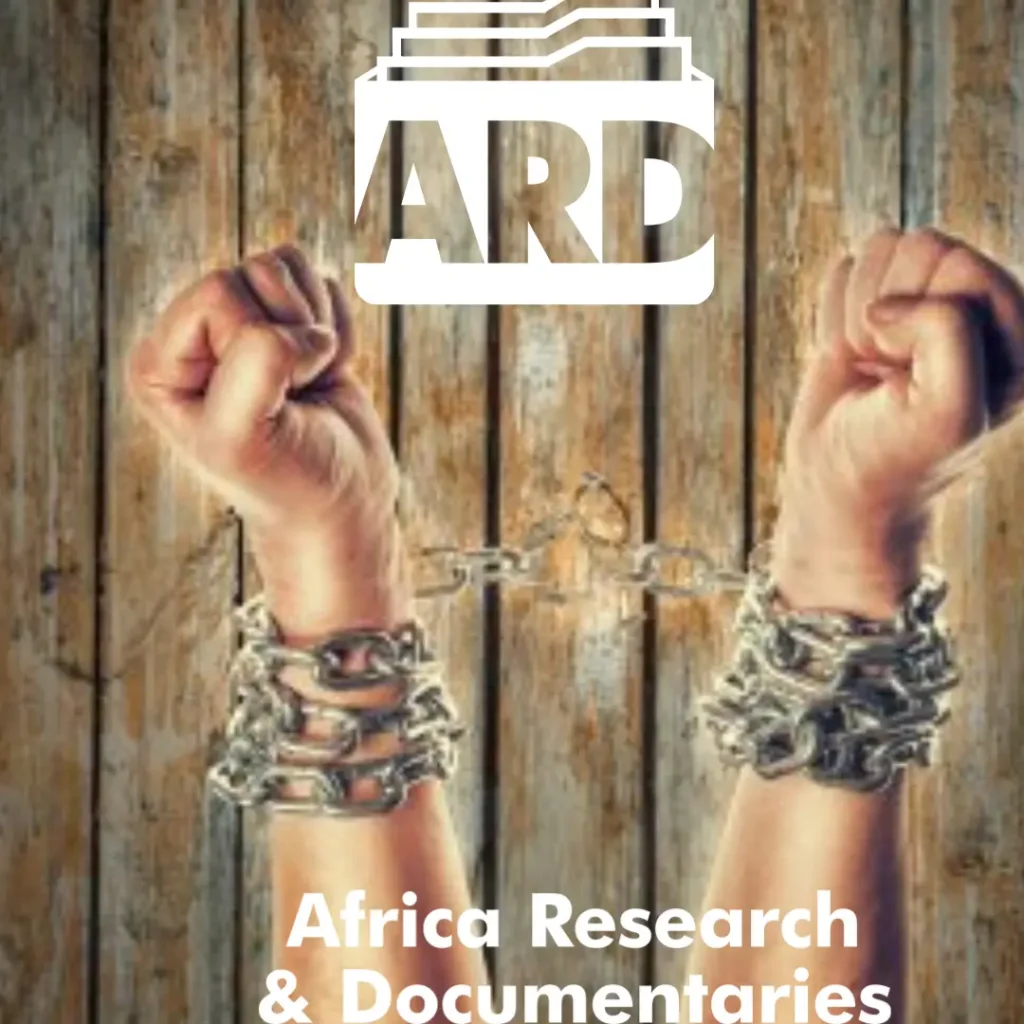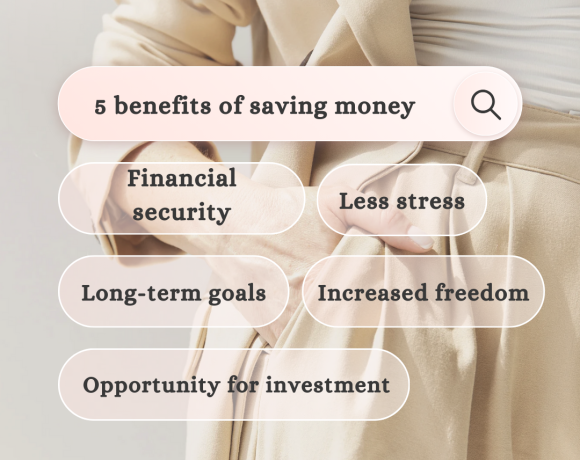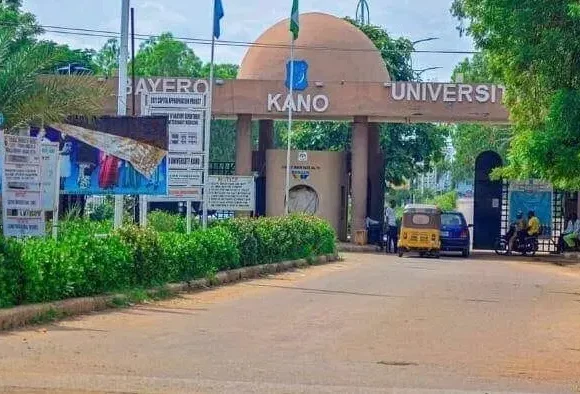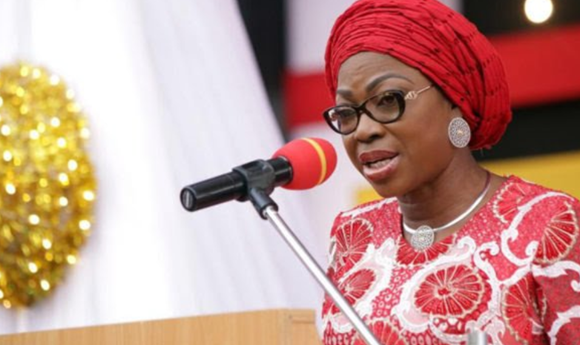Understanding Abuse: Its Impact and How to Break the Cycle
Break Free -ARDNig
Abuse is a serious issue that affects people of all backgrounds, ages, and genders. It can take many forms—physical, emotional, sexual, or even financial—and can have devastating long-term effects on victims. In Nigeria, as in many parts of the world, abuse remains a hidden epidemic, with many individuals suffering in silence. Understanding abuse and its impact is crucial to breaking the cycle and protecting the most vulnerable in society.
Types of Abuse
- Physical Abuse: This involves any form of violence or harm to the body, such as hitting, slapping, or choking. It often leaves visible scars, but the emotional damage can be just as severe.
- Emotional and Psychological Abuse: This includes manipulating, threatening, or belittling someone to make them feel worthless or incapable. Victims may be constantly humiliated or made to feel inferior.
- Sexual Abuse: This form of abuse includes unwanted sexual contact, coercion, or exploitation. It can affect anyone, regardless of age, and often leaves deep emotional scars.
- Financial Abuse: This involves controlling a person’s financial resources, preventing them from accessing money, or forcing them to take on debt. This kind of abuse often traps victims in unhealthy situations, making it hard for them to escape.
The Impact of Abuse
The effects of abuse are far-reaching and can last long after the abuse itself has stopped. Victims may experience depression, anxiety, PTSD, and low self-esteem. For children, growing up in an abusive environment can lead to behavioral problems, difficulty forming healthy relationships, and emotional instability. In many cases, individuals who have been abused may continue the cycle in future relationships, making it even harder to break free.
Abuse thrives in silence, but healing begins when we find the courage to speak out. Everyone deserves to live in peace, free from fear and harm
How to Break the Cycle
- Speak Out: One of the most important steps in breaking the cycle of abuse is to speak out. Whether it’s to a friend, family member, or professional, reaching out for help is the first step towards healing.
- Seek Professional Support: There are many organizations and professionals in Nigeria that can help victims of abuse, including counselors and hotlines. Counseling provides a safe space for victims to process their trauma and regain their sense of self-worth.
- Know Your Rights: Nigerian law protects individuals from abuse. The Violence Against Persons Prohibition (VAPP) Act and other legal frameworks offer protection and avenues for reporting abuse.
- Support Systems: Building a strong network of supportive friends, family, or community groups can provide the strength and resources needed to escape an abusive situation.
Abuse is not just a personal issue; it’s a societal problem that affects us all. By raising awareness, speaking out, and providing support, we can work together to end the cycle of abuse. Remember: no one deserves to live in fear, and there is help available. If you or someone you know is suffering from abuse, don’t wait—reach out today for support.
